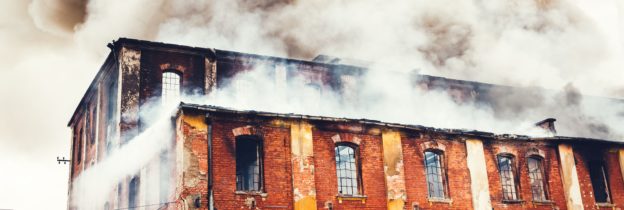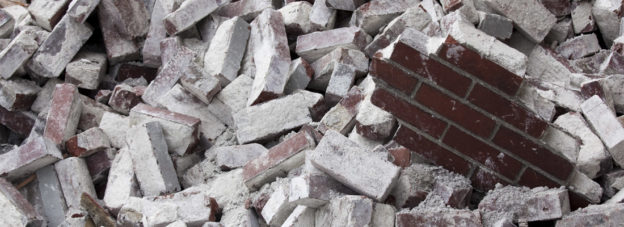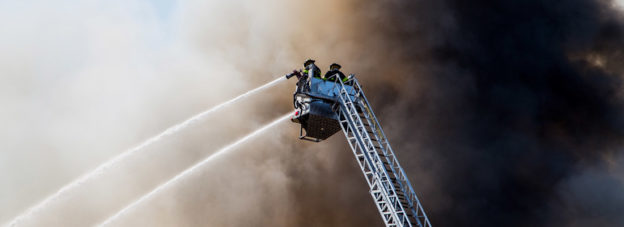In Brown v. City of Oil City, No. 6 WAP 2022, 2023 Pa. LEXIS 681 (2023), the Supreme Court of Pennsylvania (Supreme Court) recently held that a contractor can be liable for dangerous conditions it creates even if the hazard is obvious or known by the property owner. In City of Oil City, the City of Oil City (Oil City) contracted with Harold Best and Struxures, LLC and Fred Burns, Inc. (collectively Contractors) to reconstruct the concrete stairs to the city library. Contractors completed their work at the end of 2011. In early 2012, Oil City received reports of issues with the stairs. Oil City notified Contractors that it considered the stairs dangerous and that Contractors’ defective workmanship created the condition. Neither Oil City or Contractors took any action to fix the stairs or warn of the danger and the stairs’ condition worsened with time. Continue reading






